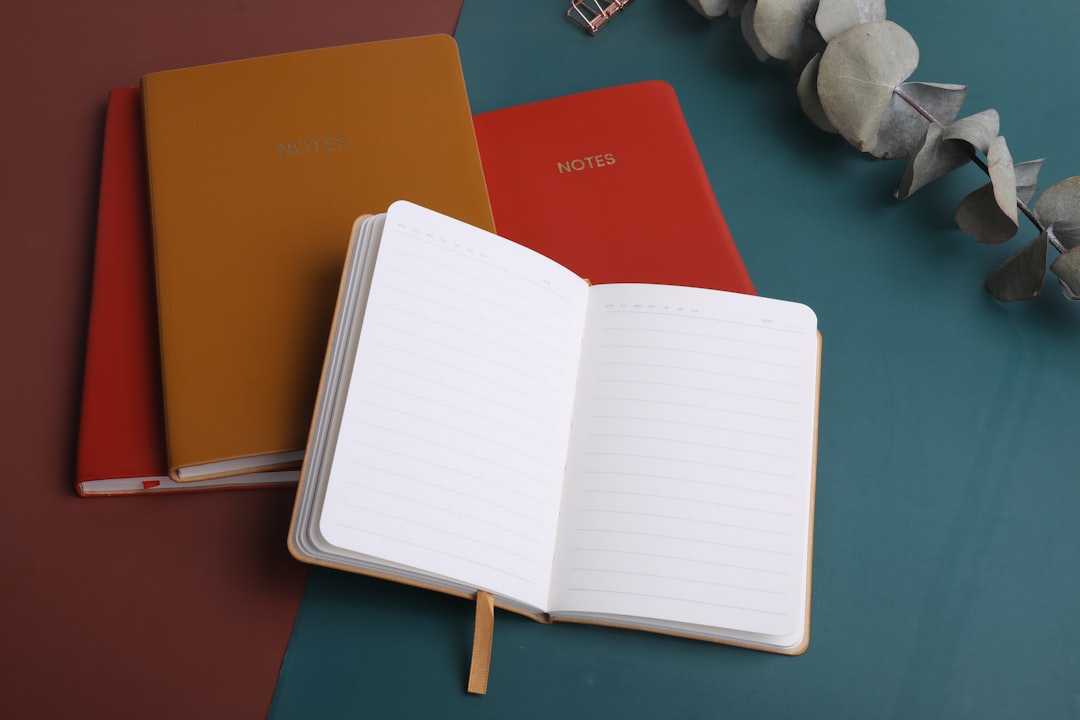Aids for daily living can make a big difference in the quality of life for those struggling with various disabilities or health conditions. There are many different types of aids available on the market, and it can be tough to figure out which will best fit your needs. This article will discuss the different types of aids available and tips on selecting the right ones for you. We’ll also talk about some of the benefits that these aids can provide.
Wheelchairs
Regarding mobility aids, one of the first things that come to mind is a wheelchair. Wheelchairs can be manual or powered and can be an excellent option for those with difficulty walking or standing for long periods. There are many types of wheelchairs available on the market, so it’s essential to do your research to find the right one. The user operates manual wheelchairs by pushing the wheels with their hands. They are typically lighter than powered wheelchairs and can be easier to transport. However, they require more upper body strength and stamina to use effectively. If you’re considering a manual wheelchair, it’s essential to consult your doctor or physical therapist to see if it’s the right option. Powered wheelchairs, on the other hand, are operated by a joystick or further control mechanism. They can be more expensive than manual wheelchairs, but they offer a number of advantages, such as being easier to use and requiring less upper body strength. If you’re considering a powered wheelchair, it’s essential to consult your doctor or physical therapist to see if it’s the right option.
Grab Bars and Handrails
Another important aid for daily living is grab bars and handrails. These can be installed in your bathroom, next to your bed, or in other areas of your home where you need extra support. Grab bars and handrails can help you maintain your balance and prevent falls.
Walkers
Walkers are another common aid for daily living. Walkers provide extra support and stability when walking. They can be accommodating if you have difficulty with balance or coordination. If you’re considering a walker, you must consult your doctor or physical therapist to see if it’s the right option for you.
Canes
Canes are another common aid for daily living . Canes provide extra support and stability when walking. They can be especially helpful if you have difficulty with balance or coordination. If you’re considering a cane, it’s important to consult with your doctor or physical therapist to see if it’s the right option for you.
To conclude, there are many aids for daily living that can help make life easier. Be sure to consult with your doctor or physical therapist to find the best option for you.






